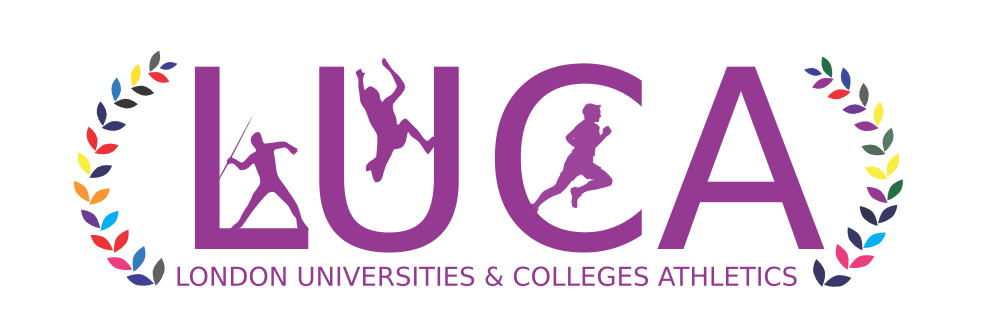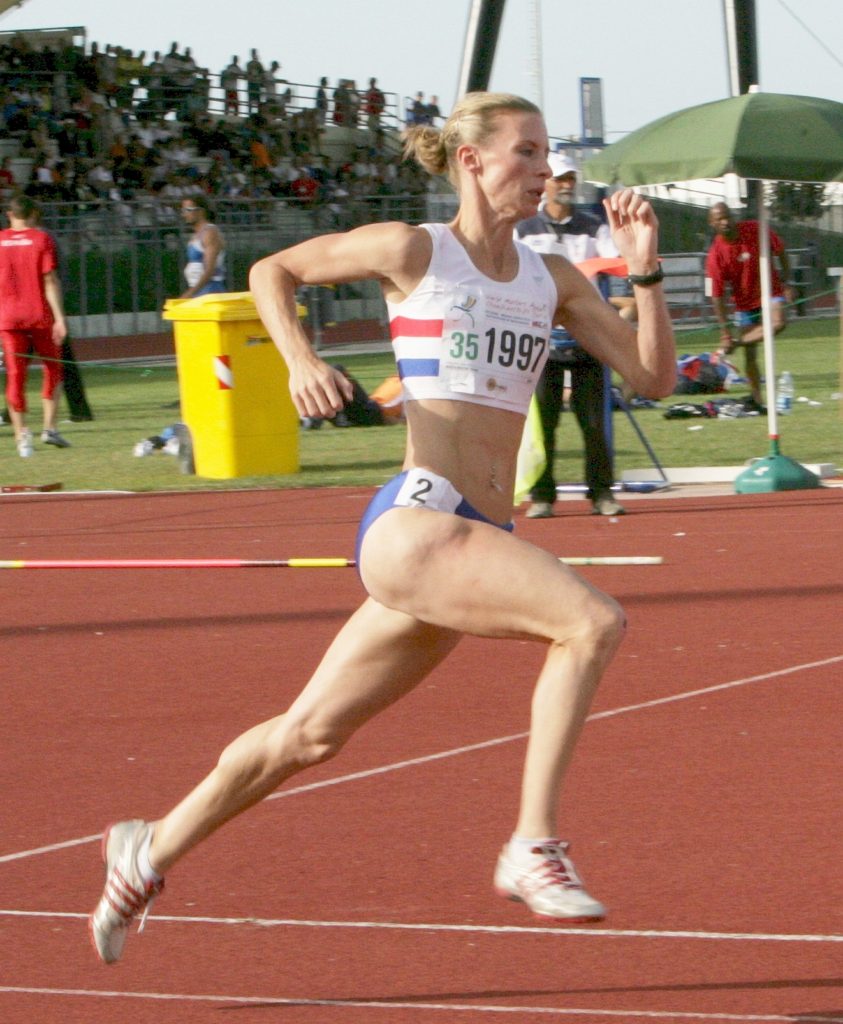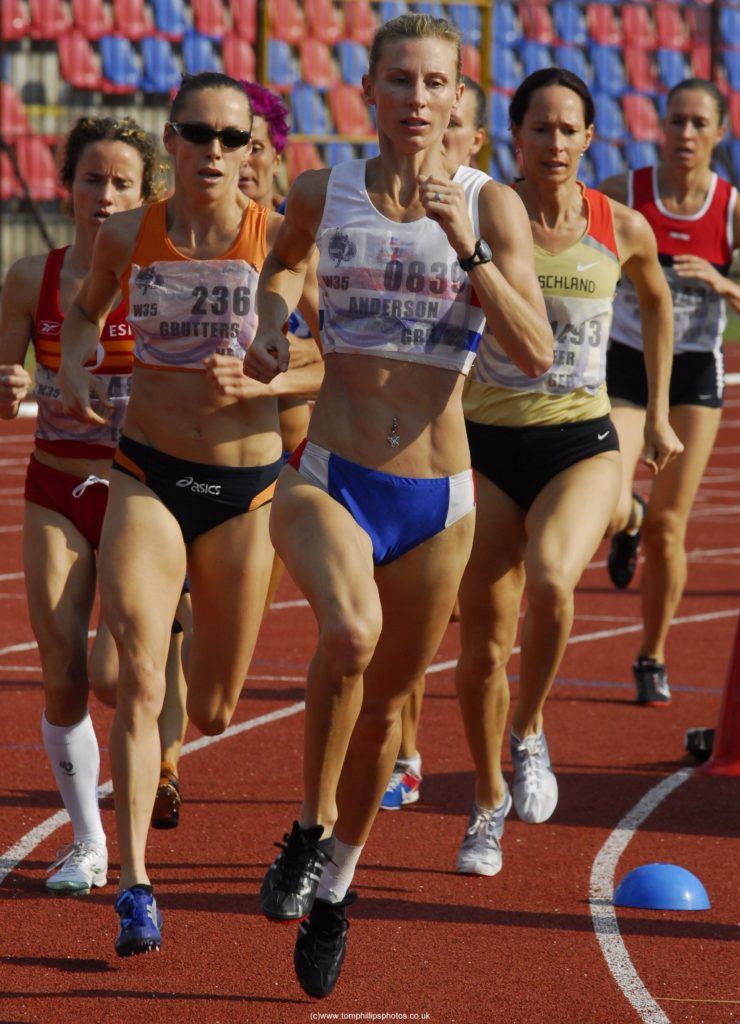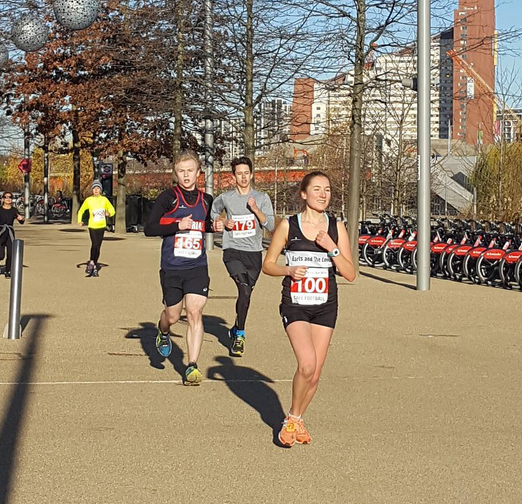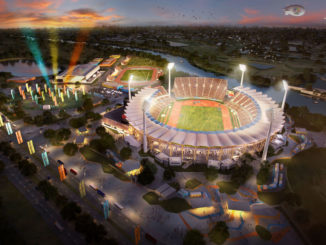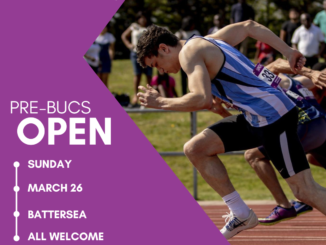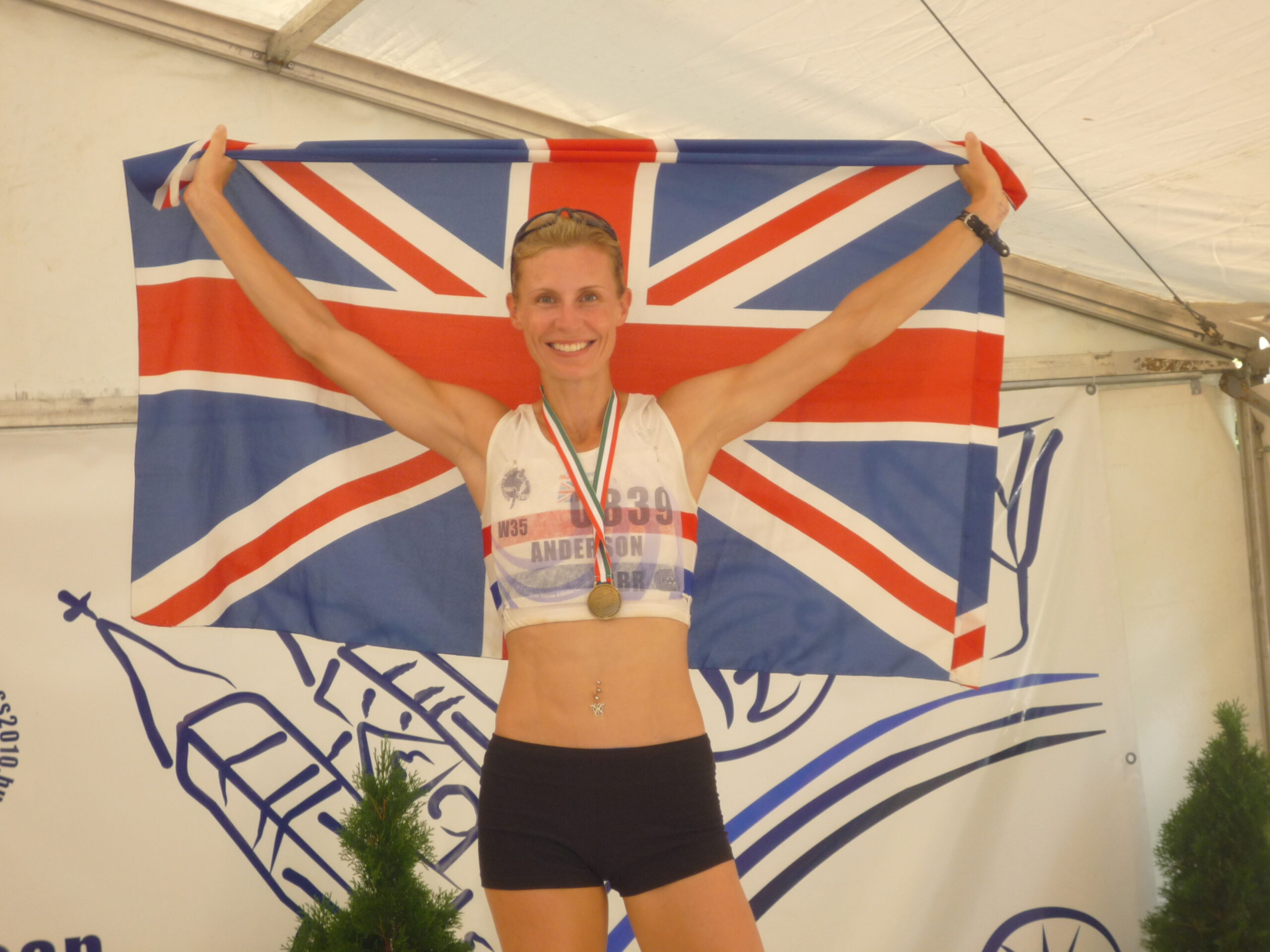
Ever wanted to know what it’s like to run at a global level?
Check out the below interview with Nina Anderson, a talented runner and coach who has had success at European and World competitions.
- What first drew you to running and can you tell us more about your story of getting into running?
I started running at the age of 25 to lose weight and began with a few weekly jogs which before too long led to me running marathons. After a few years I stepped on to the track and discovered I was more suited to running both 1 and 2 laps. Following this in 2002 I was lucky enough to begin working with my coach Greg Richards and from then on started to improve significantly and so begin to realise my potential.
- What are you most proud of in your running career and why?
I’m very proud of a number of performances but often for different reasons as how I approach each race is dependent on how successful my preparations have been. My introduction to the International stage came at the age of 35 (2007) when I became eligible to compete as a Master (or Veteran). Since then I have focused my seasons on securing medals at the World Masters and European Veterans Championship. In my first year of competing on this stage I became double World Masters Champion in both 400m and 800m and the following year became double European Champion and these still bring back happy and proud memories.
- What’s your favourite session?
I have a few sessions which I really enjoy. My 1k reps take place in Highgate Woods which I find to be quite a magical place, especially during Autumn when the colours are fantastic. I also love my hill reps at Parliament Hill – the incline I use is perfect for the 400 meter runner. When it comes to track there’s no doubt 300ms are my favourite training distance. The time I run a quality 300m in around March/April is a clear indicator of what shape I’m in and whether I should begin racing.
- You’ve tried a number of different athletics events over your career, going from marathon events right down to the 400m. How did you decide which event was right for you?
I began with marathons without really knowing much about running, having merely started jogging to improve my fitness. Despite a PB of 3:27:57 being run on a negative split, it was clear when I stepped on the track (aged 29) that I was more suited to this environment and the shorter disciplines of both 400m and 800m. There is no doubt 800m is my best event having run my PB of 2.08.39 aged 35 and another 2.08.53 aged 38. Despite these times and winning a number of championships at this distance, I didn’t have an 800m training group to run with and therefore found the tough solo sessions unenjoyable. For this reason and a change of scenery, I decided to drop down to 200m a couple of years ago (running a PB of 26.08 aged 42) so currently focus on 200m and 400m. I may go back to 800m at a later date but at present am enjoying the challenges that learning a new event brings.
- How do you celebrate the highs of winning and cope with the lows of injuries and disappointments in your athletics career?
For me the sole focus of any season is to secure my place in the Championship final and following that, win a medal. The ability to execute my race plan in a pressurised environment – for example in the case of 400m less than a minute for everything to go right or wrong – there is simply no room for error. In terms of celebration I tend to just feel huge relief after a champs in that if I have done what I set out to do and performed to the best of my ability then I can ask no more of myself. When my preparation has been broken by injury I then feel I have to be realistic about what can be attained physiologically and therefore cannot be disappointed if I still executed my best race in circumstances that were beyond my control. Having said that I decided after the 2014 World Champs in Lyon when I wasn’t pleased with my performances that I would not go to any future champs unless I know I am in the best shape possible as I set high standards for myself.
When it comes to injuries an athlete is only as strong as their weakest link. I work hard on the technical aspects of running in conjunction with strength and conditioning in order to minimise the chance of injury occurring but to some degree it is inevitable and the nature of training. I think the measure of an athlete is how they deal with injury when it happens. I adopt an ‘’all hands on deck’’ approach and gather my troops around me. These are the people who support me, namely my sports physio, chiropractor, coach and consultant podiatrist (as an ex ballet dancer most of my issues come though problematic feet!). I set about a logical and progressive plan to get me back to running. I find this also helps promote a positive mental approach to recovery. During a non-running period I always up my game with other sessions e.g. rowing, bike, lifting etc., designed around the injury in question.
- What is your aim for the next season?
Next season my sole focus is the European Masters Championships in Denmark where my aim will be to retain my 400m title.
- As an experienced athletics coach, which aspects of running do you focus on when taking on new clients?
When I begin to work with a new client the focus depends on their individual needs and what events they are aiming for. Firstly, I find out what running they have been doing and whether it is event specific and suitable for their current ability/fitness. Secondly, to ensure the continued improvement of technique in conjunction with appropriate strength and conditioning training loads is vital and will have a positive effect on performance.
- Thinking about your above answer, what one key tip do you think applies to athletes at any level?
Add event specific strength and conditioning work into training. This will not only reduce the chance of injury but also help an athlete reach the finish line quicker.
- You’ve managed to make quite a career out of running; from your own outstanding performances, to coaching other athletes and even appearing on TV several times! If any readers are interested in trying this path, would you have any tips for them?
The best advice is to be open and proactive to gaining new knowledge. With the plethora of information now readily available at the touch of a button it’s important to be selective about what you choose to adopt and ensure it is relevant to you or your athletes. I’ve learnt through working with my coach, my own research and combining this with my own development and experiences.
To see more of Nina check out her instagram and website. Good luck for Denmark!
